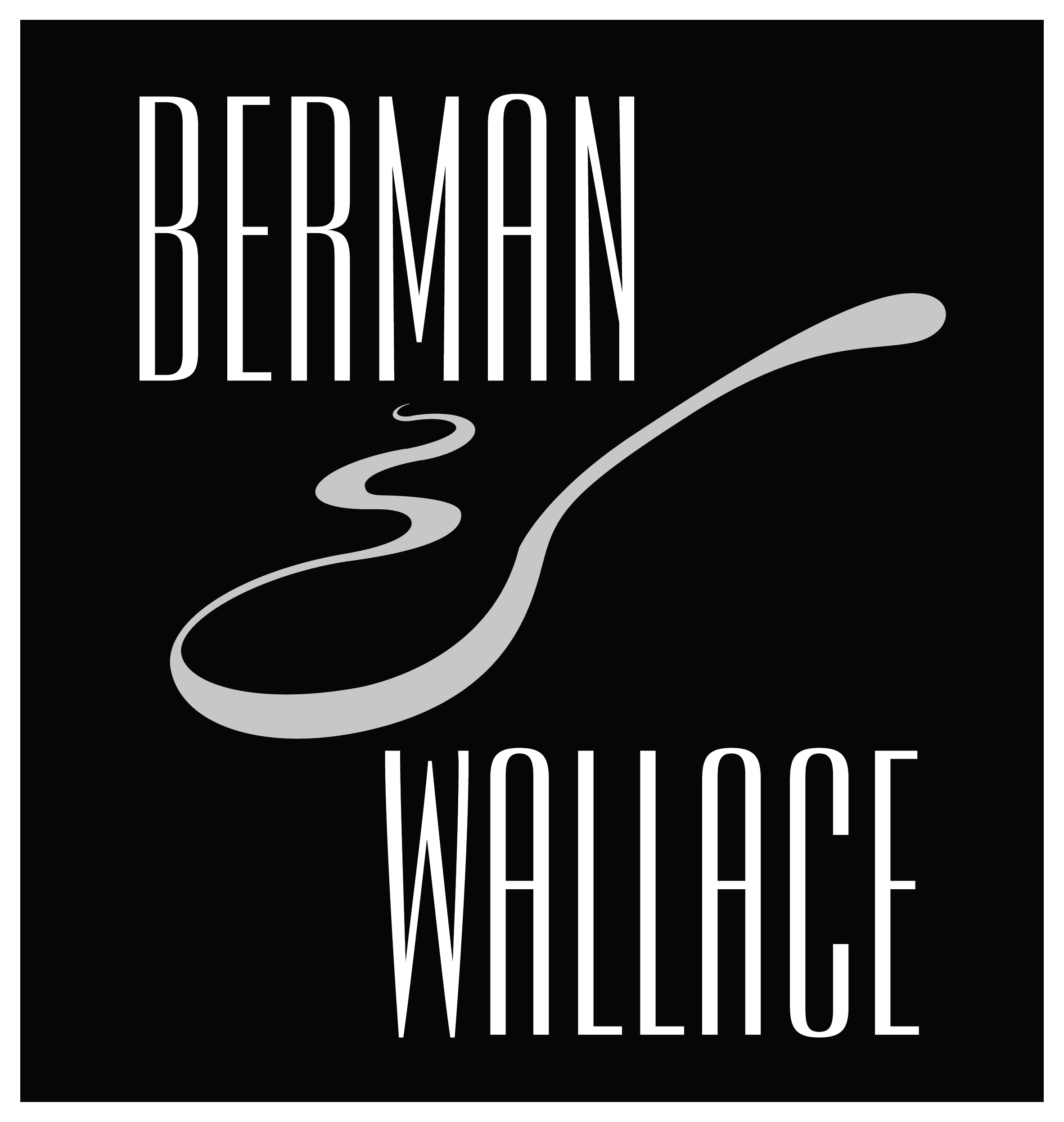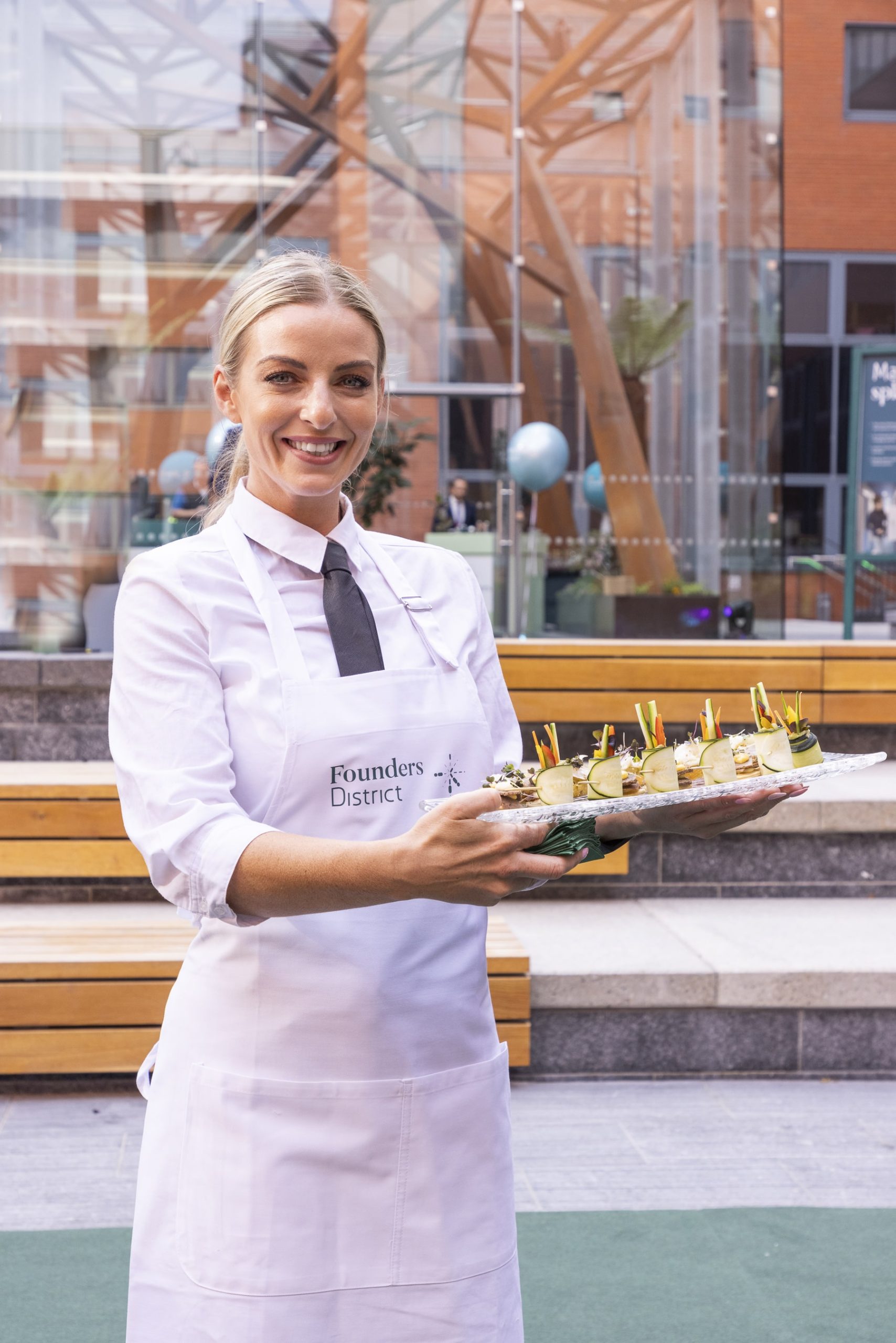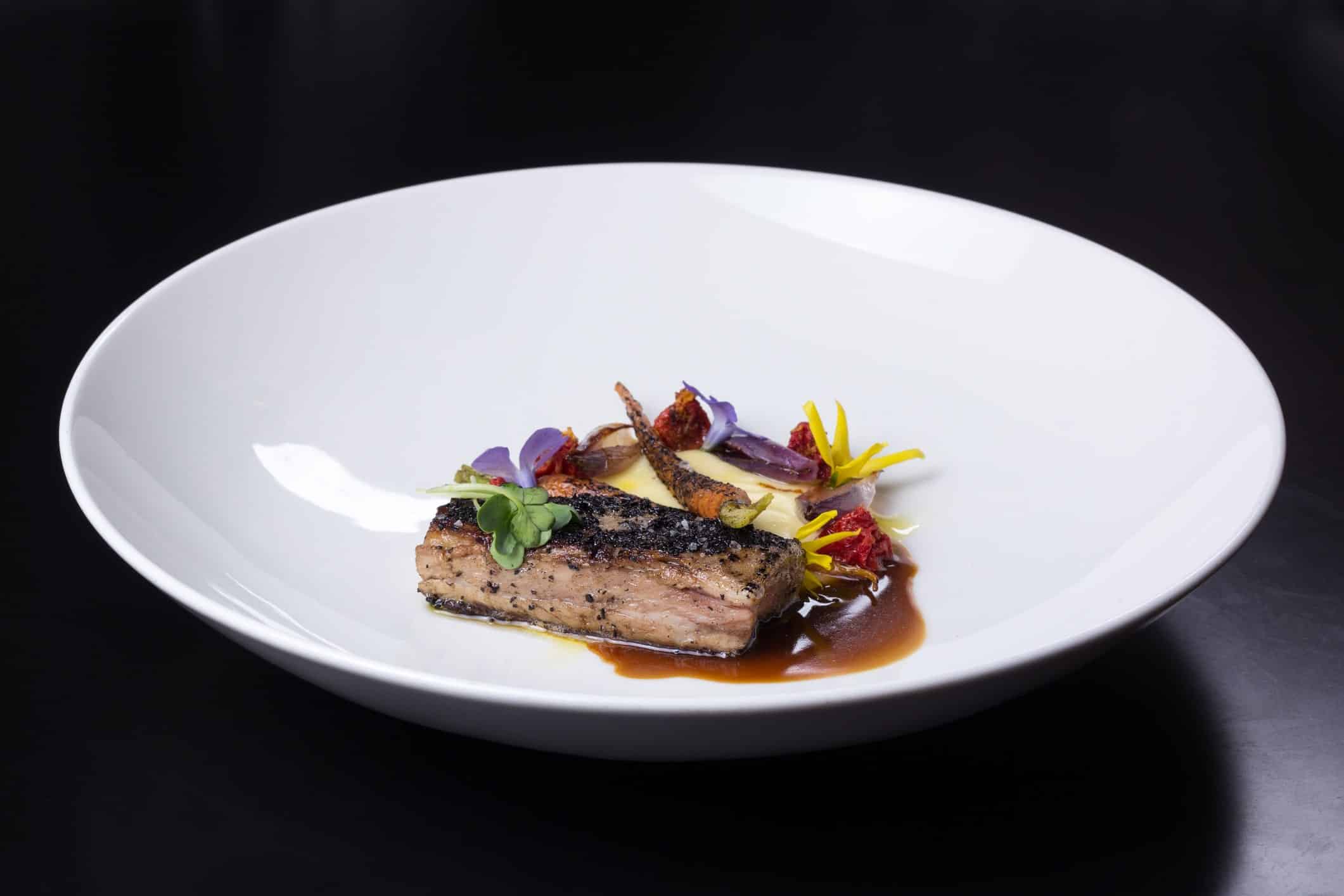Business event catering influences how attendees perceive your company through food quality, service timing, and presentation style. Well-planned catering creates natural networking opportunities while maintaining energy levels throughout your event schedule. Quality business catering supports your event goals through appropriate menu selection and service approaches that match your company culture and event purpose.
Guest First Impressions
Initial food and beverage offerings set the tone for your entire business gathering. Welcome drinks or reception stations often serve as the first business event catering touch point that attendees experience. Presentation quality in business event catering immediately communicates your attention to detail and regard for guests. Server professionalism matters particularly in the opening moments, with staff appearance and manner reflecting your company standards. Many corporate events begin with lighter fare that encourages mingling while guests arrive and settle in before formal proceedings begin.
Room Layout Considerations
Physical arrangement of food stations affects movement and interaction at corporate functions. Station placement in business event catering creates traffic patterns that can either encourage or limit networking among different groups. Seating options paired with food service range from standing cocktail tables to casual groupings to formal dining arrangements. Distance between business event catering areas and presentation spaces requires careful planning to minimise disruption during service times. Acoustics also factor into placement decisions, with busier food stations positioned away from areas where conversations or presentations need clearer sound quality.
Schedule Coordination
Timing food service appropriately supports your overall event objectives. Break timing works best when business event catering works with natural attention spans, providing refreshment at points when energy typically wanes. Service duration varies between buffet, station, and plated business event catering styles, affecting how quickly attendees return to scheduled activities. Morning business event catering typically features lighter options that provide energy without heaviness, while afternoon services might include more substantial offerings. Multi-day events require particular attention to business event catering variety to prevent menu fatigue among attendees staying for the full duration.
Distinctive Food Experiences
Memorable culinary elements help your event stand out in attendees’ minds. Regional specialties often feature in business event catering to highlight local culture or company origins that connect with your brand story. Interactive stations have become more common in business event catering, allowing guests to customise portions or watch preparation of certain elements. Food presentation styles in business event catering range from classic elegant plating to more casual contemporary approaches depending on your event tone. Some companies develop signature items that appear consistently in their business event catering, building recognition among repeat attendees.
Business Event Catering Practicalities
Operational considerations affect how smoothly your food service functions. Dietary accommodation systems help manage individual requirements in business event catering, ensuring suitable options for various needs without drawing undue attention. Temperature maintenance for hot and cold items requires proper equipment and staging areas, particularly for longer events. Portion control helps prevent shortages in business event catering while managing costs and reducing waste. Weather contingencies need consideration for outdoor business event catering elements, with backup plans for Dublin’s changeable conditions. Staffing levels vary based on service style, with plated business event catering requiring more personnel than self-service buffet arrangements.
Budget Optimisation
Financial planning helps achieve maximum value from your catering investment. Quality tiers exist within business event catering, allowing strategic decisions about where premium offerings matter most versus areas where standard options suffice. Timing affects costs in business event catering, with off-peak events often securing better rates than prime dates. Menu selection strategies help manage business event catering budgets, with thoughtful choices that feel generous without unnecessary expense. Beverage spending represents a significant portion of many business event catering budgets, with various service models from cash bars to limited open bars to full premium service. Comparing proposals requires looking beyond per-person rates to understand exactly what each business event catering package includes.


